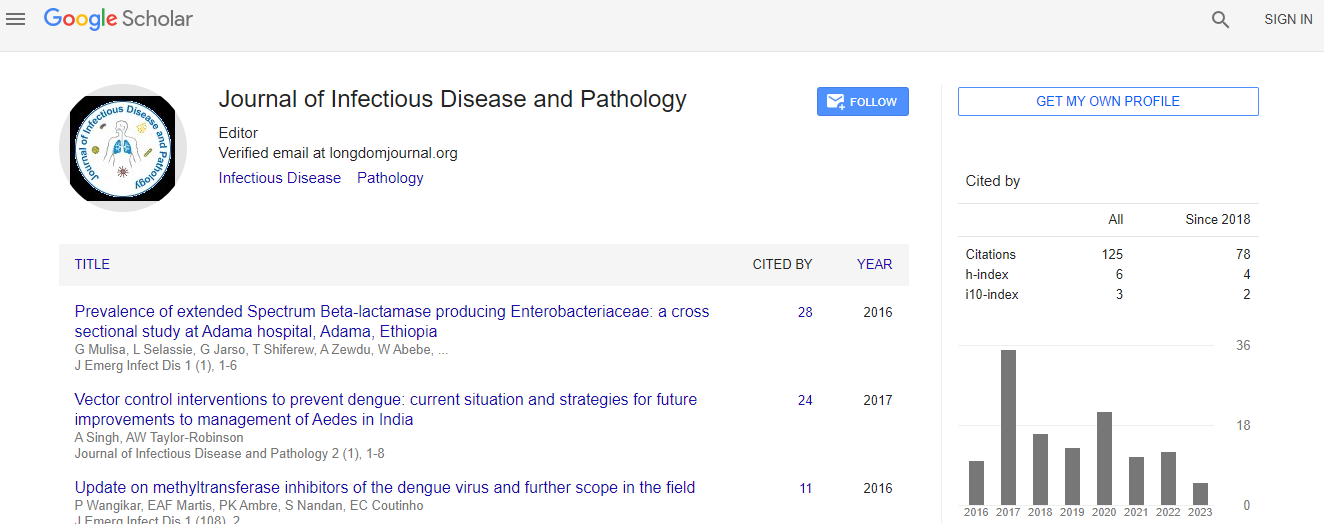Research Article
Antigenic Screening for Helicobacter pylori in Stool of Patients Infected with Human Immunodeficiency Virus from a Tertiary Care Hospital
Bineeta Kashyap*, Kavita Gupta, Purbasha Bera and Iqbal R KaurDepartment of Microbiology, University College of Medical Sciences (UCMS) & Guru Teg Bahadur (GTB) Hospital, Delhi, India
- *Corresponding Author:
- Bineeta Kashyap
Flat no. C-402, Vimal CGHS Ltd.
Plot-3, Sector-12, Dwarka, New Delhi, India
Tel: +91-11-22582972-74
E-mail: dr_bineetakashyap@yahoo.co.in
Received date: September 25, 2015; Accepted date: November 13, 2015; Published date: November 24, 2015
Citation: Kashyap B, Gupta K, Bera P, Kaur IR (2015) Antigenic Screening for Helicobacter pylori in Stool of Patients Infected with Human Immunodeficiency Virus from a Tertiary Care Hospital. J Emerg Infect Dis 1:101. doi:10.4172/2472-4998.1000101
Copyright: © 2015 Kashyap B, et al. This is an open-access article distributed under the terms of the Creative Commons Attribution License, which permits unrestricted use, distribution, and reproduction in any medium, provided the original author and source are credited.
Abstract
Introduction: Human immunodeficiency virus (HIV) infected patients frequently have opportunistic gastrointestinal presentation. Co-morbidity of Helicobacter pylori infection in HIV patients is not well defined. The aim of the study is to evaluate, whether antigenic screening of stool is a reliable test to identify new Helicobacter pylori infections in HIV infected population.
Materials and Methods: Stool samples from 50 HIV reactive subjects (cases) 16 years-65 years age group presenting with diarrhea were screened for the presence of H. pylori antigen along with equal number of HIV nonreactive (control) subjects presenting with diarrhea by ELISA.
Results: H. pylori antigen was detected in 10% of cases while none of the controls was found to be positive for the presence of H. pylori antigen (p<0.05). No significant correlation was found between risk of acquisition of infection and age or sex.
Conclusion: More emphasis should be given on the screening of H. pylori infection in immunocompromised population to clearly define the management protocol in such patients.

 Spanish
Spanish  Chinese
Chinese  Russian
Russian  German
German  French
French  Japanese
Japanese  Portuguese
Portuguese  Hindi
Hindi 